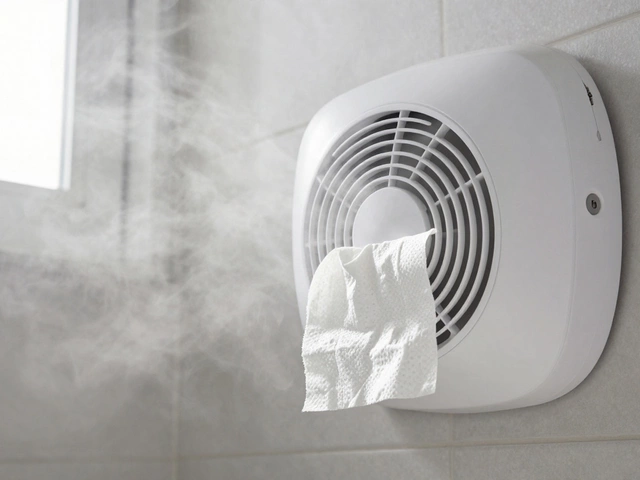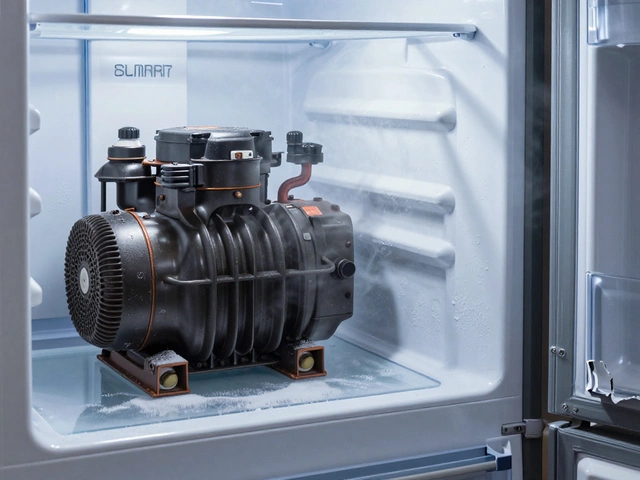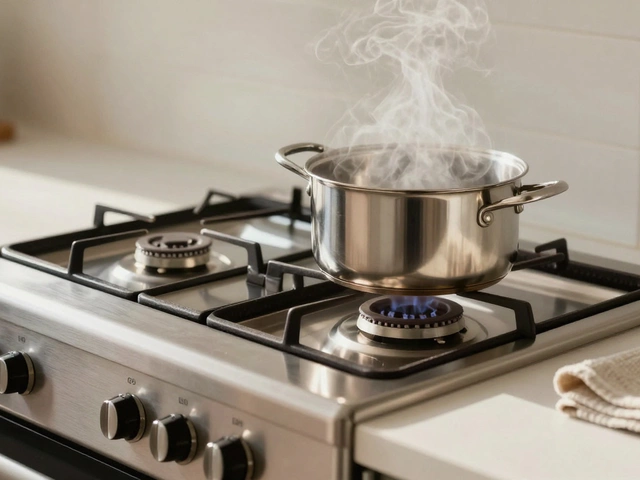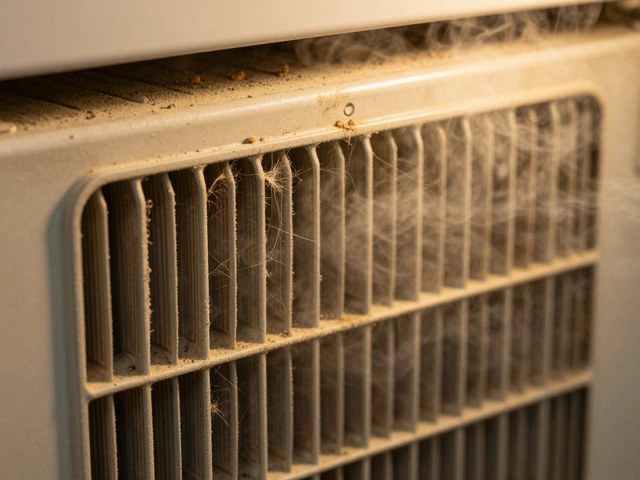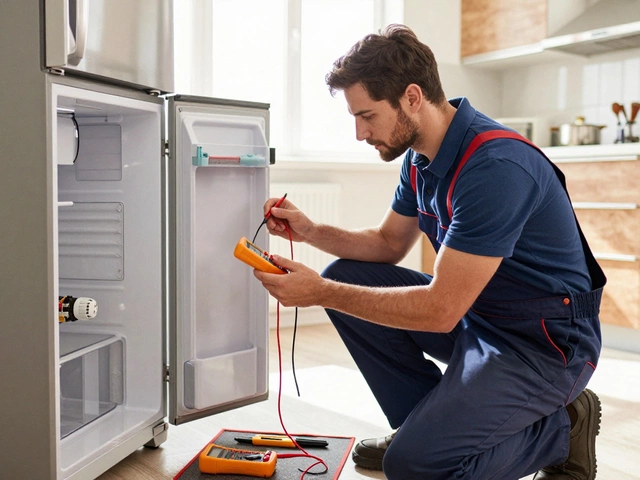Compressor Replacement: What You Need to Know
When your fridge stops cooling, the first thing to suspect is the compressor. It’s the heart of any cooling appliance – if it fails, the whole system goes flat. Spotting a bad compressor early can save you from a grocery disaster and a hefty repair bill. Below we break down the warning signs, the cost of a new unit, and whether you can tackle the swap yourself or should call us.
How to Spot a Bad Compressor
Typical signs are pretty straightforward. The fridge runs nonstop but never gets cold, or it makes a loud humming or clicking noise that wasn’t there before. If the back of the unit feels unusually hot, that’s another red flag. You might also notice frost building up inside the freezer even when the door is closed. These clues point to a compressor that’s either seized, leaking refrigerant, or just giving up after years of work.
DIY vs Professional Replacement
Most homeowners think they can swap a compressor like they would change a light bulb, but it’s a bit more involved. You’ll need to recover the refrigerant, disconnect high‑voltage wires, and correctly torque the mounting bolts. A small mistake can cause a leak, a short‑circuit, or even damage other parts of the system. If you have basic electrical know‑how and the right tools, you can follow a step‑by‑step guide, but we still recommend professional help for safety and warranty reasons.
When you call a pro, you get a few benefits: a certified technician will safely evacuate the refrigerant, install the new compressor, and test the system to make sure it runs at peak efficiency. Most of our customers see the fridge back to full speed within a couple of hours. Plus, we often have access to refurbished compressors that cost less than brand‑new ones, which can shave a few hundred pounds off the bill.
The cost of a compressor replacement varies. A brand‑new unit for a standard fridge can run between £150 and £300 for the part alone. Labor adds another £100‑£200, depending on how tricky the job is. If you’re on a tight budget, ask about a refurbished or reconditioned compressor – they’re tested, come with a guarantee, and work just as well for most models.
Maintenance can extend the life of a compressor. Keep the coils clean, make sure the fridge has enough clearance around it, and avoid over‑loading the unit. A quick vacuum on the condenser every few months helps the compressor run cooler, which means fewer breakdowns.
Got a broken compressor in a washing machine, air conditioner, or freezer? The same rules apply. Look for noisy operation, reduced performance, or overheating. Because the parts differ, the price may shift, but the process – diagnose, decide DIY or pro, replace – stays the same. Our team handles all types of compressors, so you’re covered no matter what appliance is acting up.
Bottom line: a faulty compressor isn’t the end of the world. Spot the signs early, weigh the cost of a new part versus a professional fix, and don’t forget regular cleaning to keep things running smooth. If you’re unsure, give us a call – we’ll diagnose the issue, give you a clear quote, and get your fridge back to keeping food fresh in no time.
Compressor Cost for a Heat Pump: What’s the Real Price?
- Alden Wilder
- May 1 2025
- 0 Comments
Wondering how much it costs to replace a compressor in your heat pump? This guide breaks down real prices, from simple part swaps to complete upgrades. You’ll see what impacts the final bill, plus learn a few tricks to save money. Spot fake bargains and learn when a repair makes sense—or when it’s smarter to replace the whole system. Stay prepared before getting stuck with an expensive repair surprise.
View More
